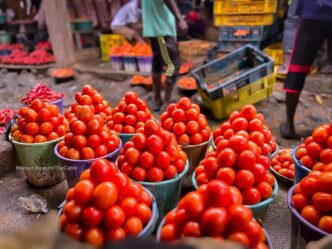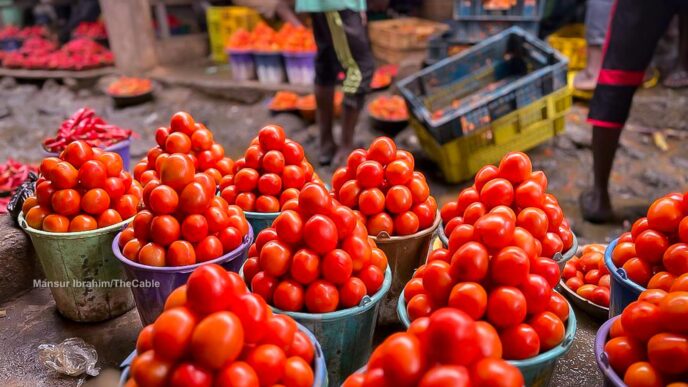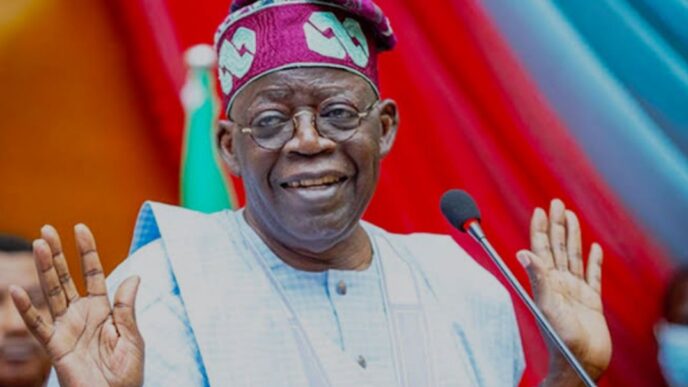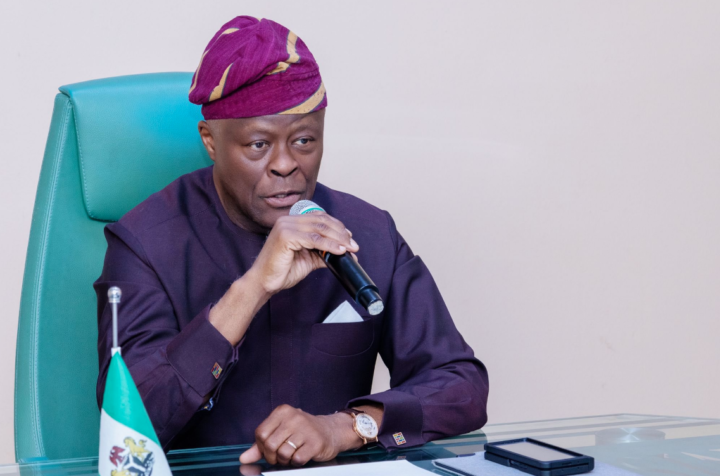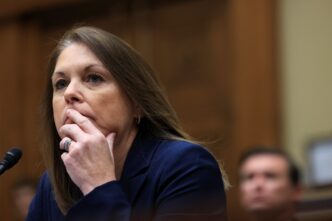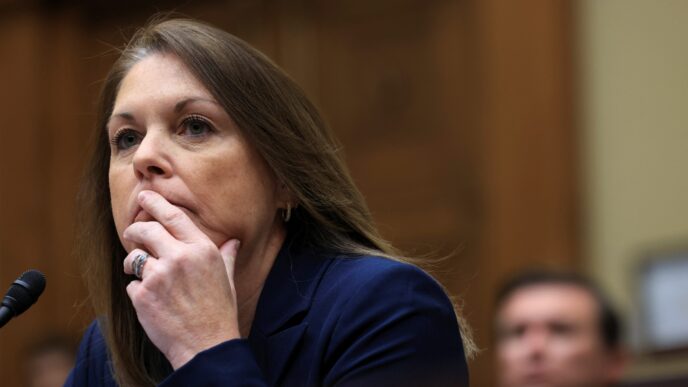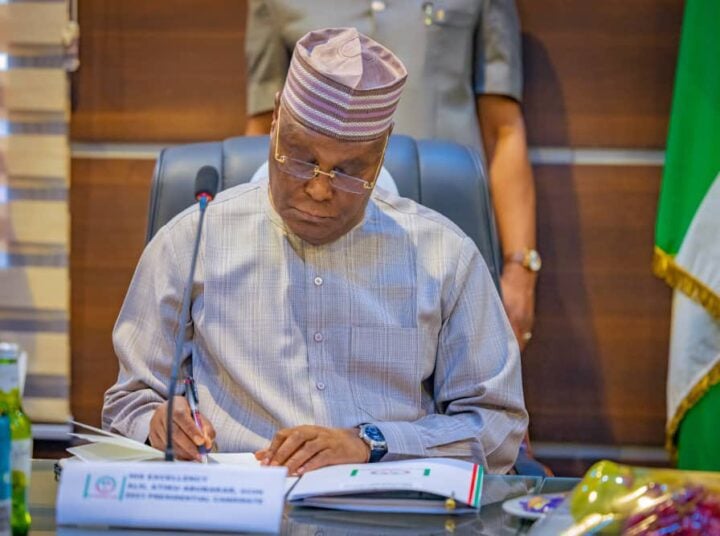The monetary policy committee of the Central Bank of Nigeria (CBN) has raised the monetary policy rate (MPR), which benchmarks interest rates, to 26.75 percent — from 26.25 percent
Olayemi Cardoso, governor of the apex bank, announced the rate adjustment on Tuesday at the end of the committee’s 296th meeting in Abuja.
Last week, Nigeria’s inflation rate rose to 34.19 percent amid the surge in food prices.
The MPR is the baseline interest rate in an economy, every other interest rate used within the economy is built on it.
Advertisement
Speaking at the media briefing, Cardoso said the committee members voted to hike the rate by 50 basis points to 26.75 percent, adjust the asymmetric corridor to +500 and -100 basis points around the MPR.
The committee retained the cash reserve ratio (CRR) at 45 percent, and liquidity ratio at 30 percent.
The CBN governor also said the committee was mindful of the effect of rising prices on households and businesses, and “is resolved to take necessary measures to bring inflation under control”.
Advertisement
“The committee re emphasised its commitment to the bank’s price stability mandate, and remained optimistic that despite the June 2024 uptick in headline inflation, prices are expected to moderate in the near term,” Cardoso said.
“This is hinged on monetary policy, gaining further traction in addition to recent measures by the fiscal authority to address food inflation.
“In his consideration, the committee noted the persistence of food inflation, which continues to undermine price stability.
“It was observed that while monetary policy has been moderating aggregate demand, rising food and energy costs continue to exert upward pressure on prices development.
Advertisement
“Prevailing insecurity in food producing areas and high cost of transportation of farm produce are also contributing to this trend.
“Members are, therefore, not oblivious to the urgent benefits of addressing these challenges, as it will offer a sustainable solution to the persistent pressure on food prices.”
He said the committee suggested the need to check the activities of farmers in order to address the food supply deficit in the Nigerian market to moderate food prices.
Advertisement
Add a comment

